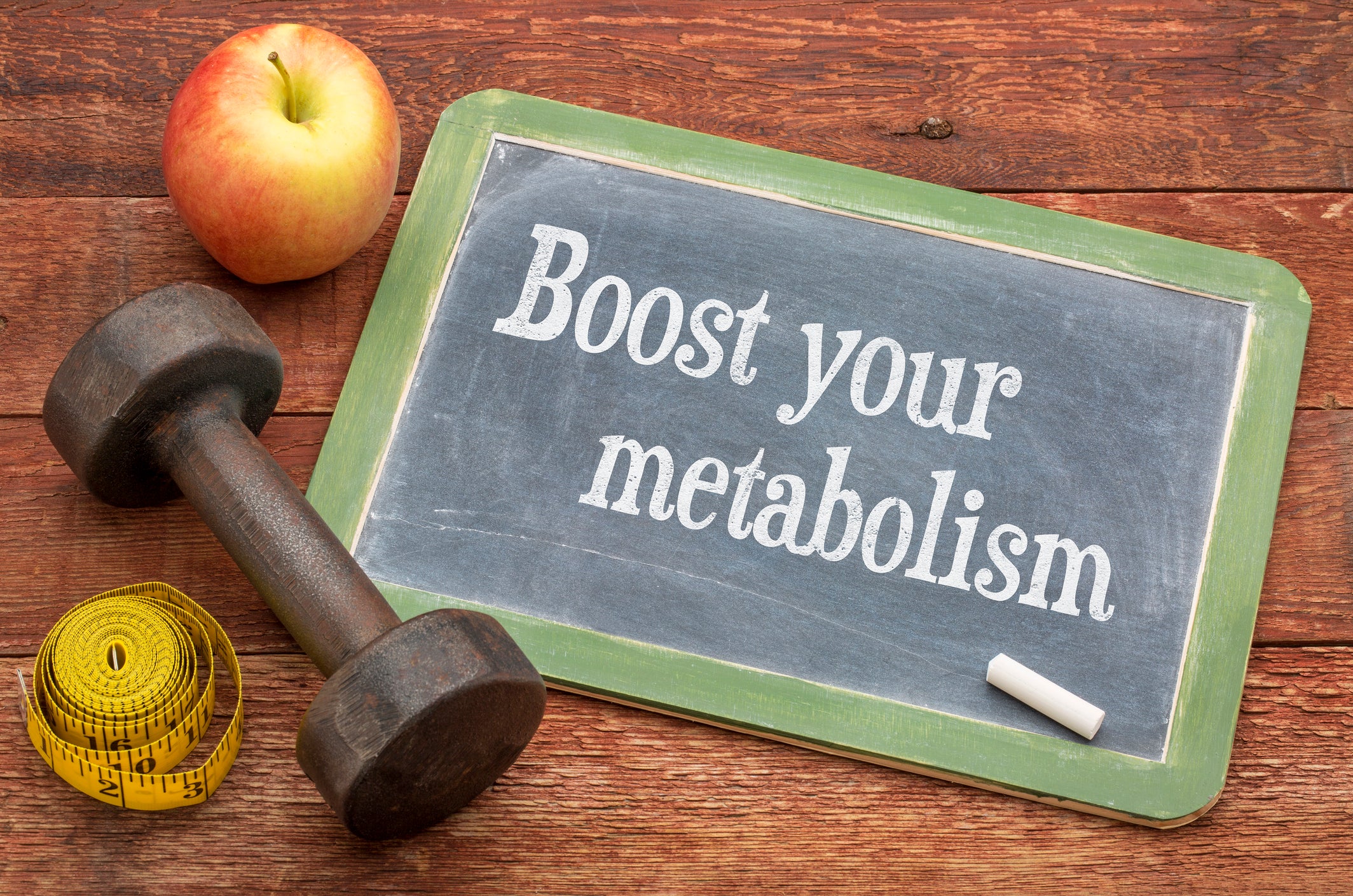
When it comes to coffee consumption, moderation is key. The general consensus among health experts is up to 400 milligrams of caffeine per day. Which is roughly equivalent to four cups of brewed coffee, to be safe for most healthy adults. However, individual tolerance can vary, and some people may experience negative side effects at lower doses.
Is Coffee a Source of Energy or Just a Placebo?
Coffee is often perceived as a source of energy due to its caffeine content, which acts as a stimulant. Here’s how it works:
- Caffeine Effects: Caffeine stimulates the central nervous system, leading to increased alertness and reduced fatigue. This can enhance focus and concentration, making it feel like a boost in energy.
- Placebo Effect: While caffeine does have physiological effects, some individuals may also experience a placebo effect, where the belief that coffee will enhance performance contributes to perceived improvements in focus and strength.

Does Coffee Help with Weight Loss?
Research suggests that caffeine may have some potential benefits for weight loss, although it is not a guaranteed solution:
- Metabolism Boost: Caffeine can increase resting metabolic rate (RMR), which means your body burns more calories at rest. Some studies indicate that caffeine consumption may lead to a modest increase in fat oxidation.

- Appetite Suppression: Caffeine may also act as an appetite suppressant for some individuals, potentially leading to reduced calorie intake.

- Mixed Evidence: However, the evidence is not definitive, and the effects can vary widely among individuals. Some studies have shown that while caffeine can aid in fat loss, it is not a standalone solution for weight management.
In summary, coffee can be a source of energy due to its caffeine content, which enhances alertness and focus. While it may have some benefits for weight loss through increased metabolism and appetite suppression, it is not a magic solution. Moderation is essential, and individuals should be mindful of their caffeine intake to avoid negative side effects.
Read more on Lifetips.blog













